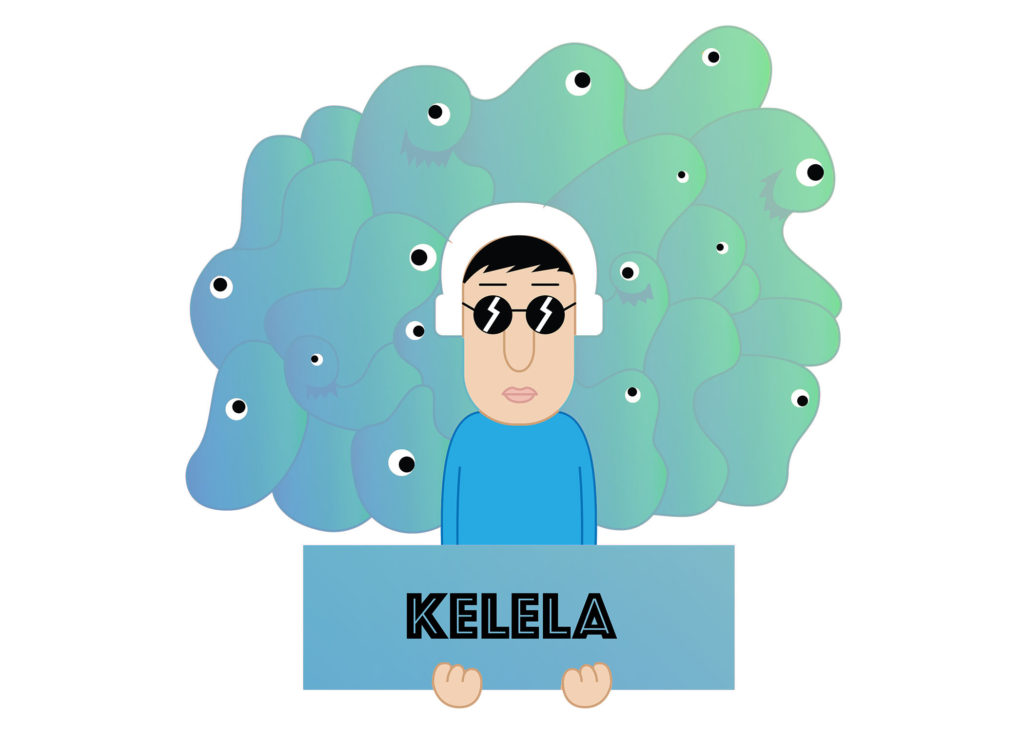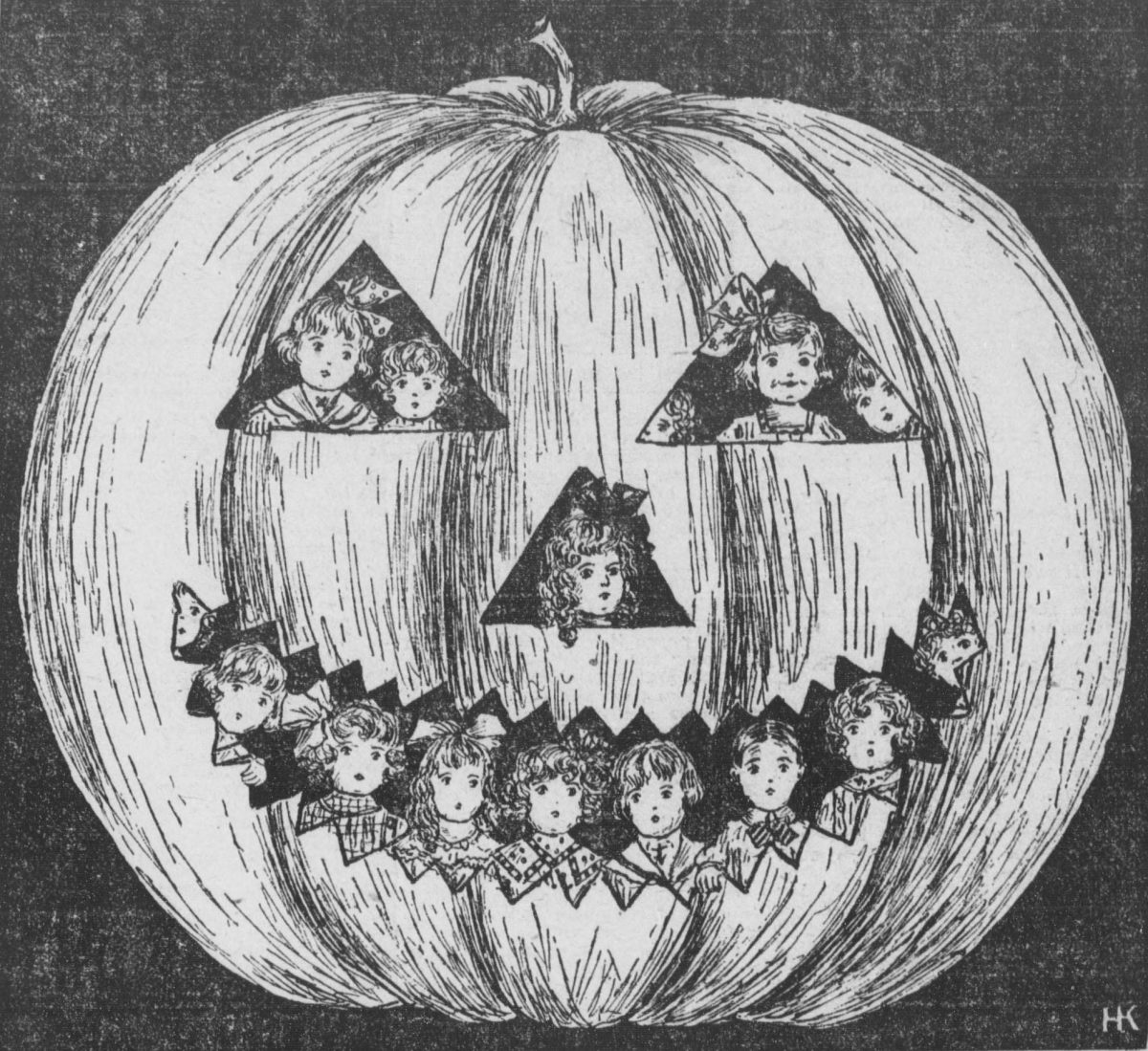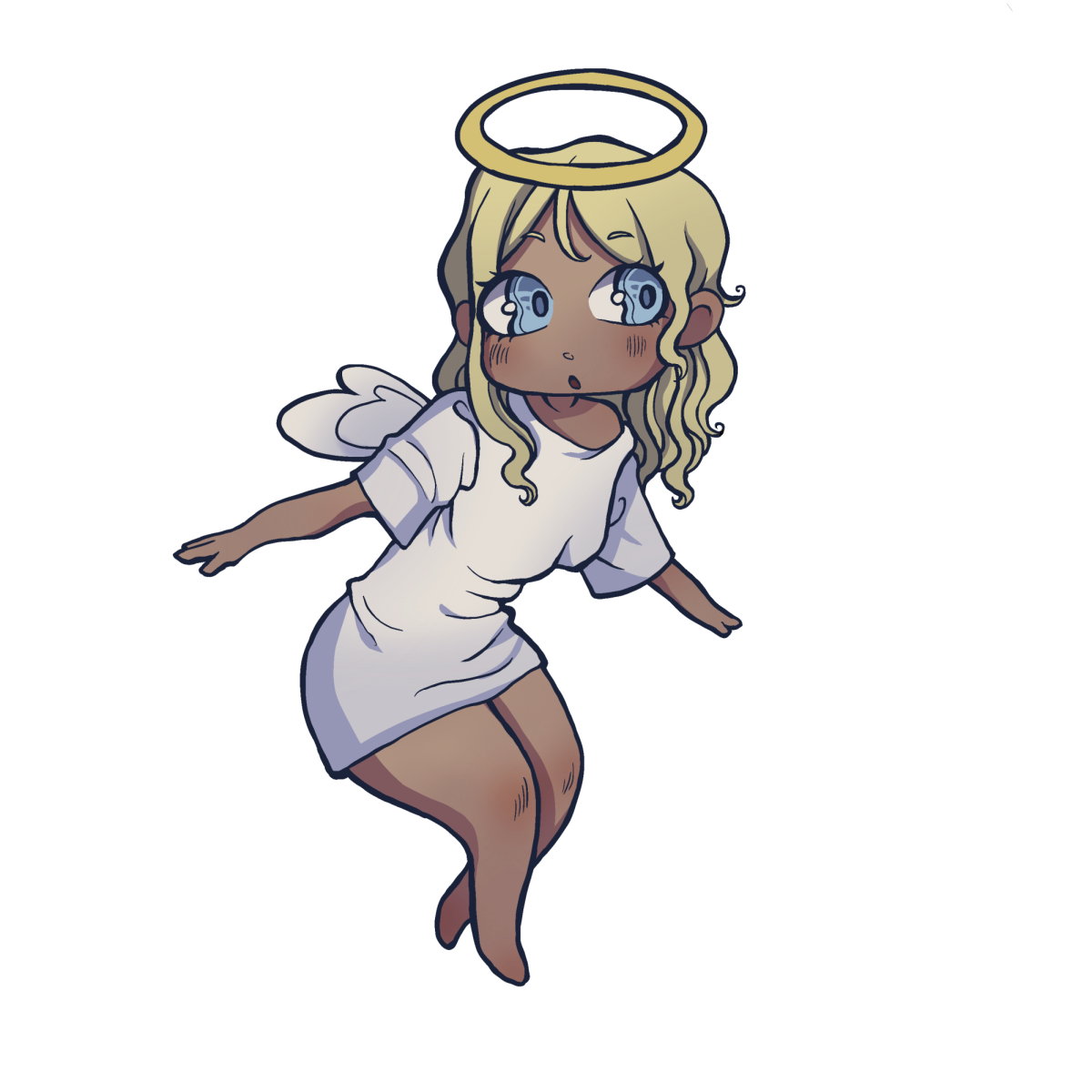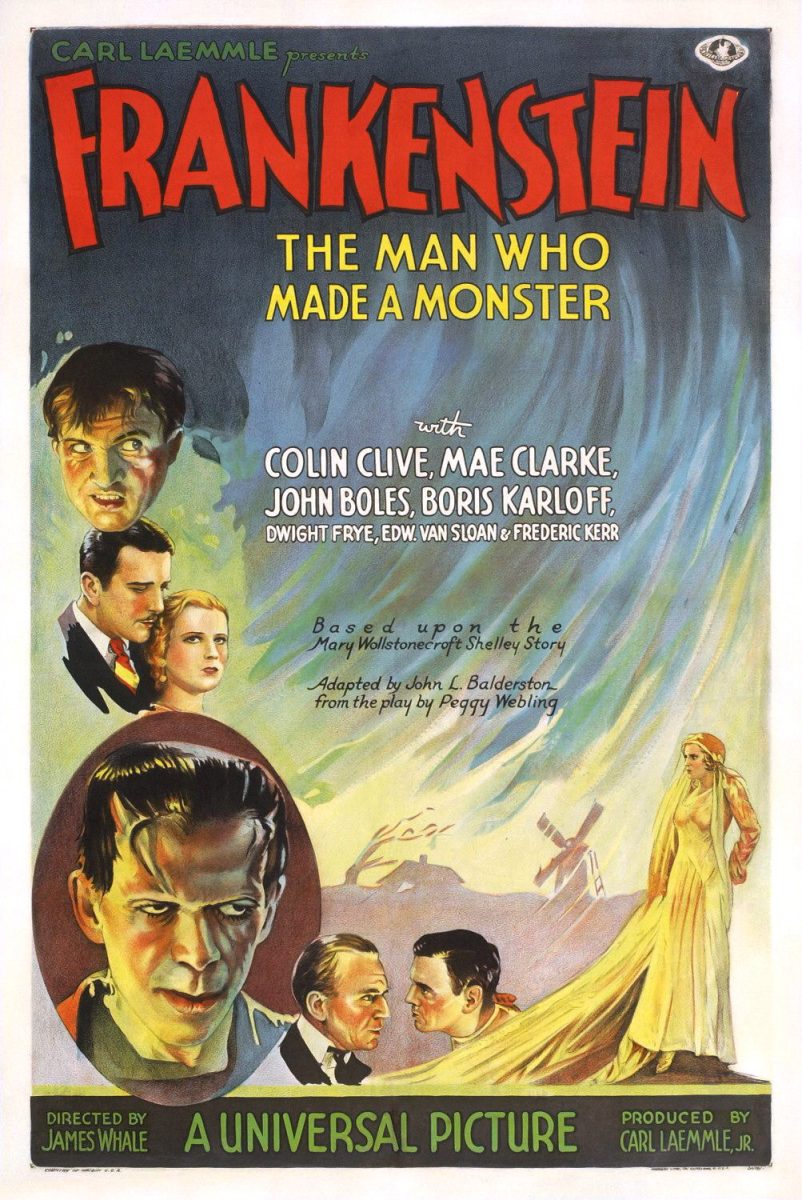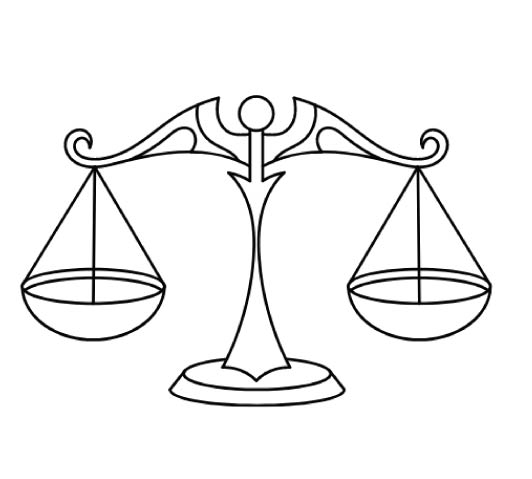Pagan was a Latin term originally used by the early Roman Christians to refer to any polytheistic religion that opposed their belief system. It was used as a propaganda tool to create divides between the two groups. Generalizations rarely lead to anything good, but it can be a very effective fear-mongering tool. To this day the term Pagan contains negative connotations left over from centuries of that same propaganda being spread both intentionally and unintentionally.
Nowadays, there are still many misunderstandings surrounding the term, but it has started to evolve. The term Neopagan is sometimes used to separate the two meanings, but not always. So, what constitutes a pagan religion in the modern-day? Pagan nowadays is usually an umbrella term for any polytheistic religion, but more specifically it refers to religions that have a strong natural connection, as well as rituals ranging from meditation to spellcasting to seances. (A seance is when someone contacts the dead via a medium or an Ouija Board.)
Some modern pagan religions include Wicca, Hellenistic Paganism and Heathenry. Each one contains unique rituals and beliefs, but are all growing in membership and notoriety.
Wicca is a religion that practices witchcraft. That is the use of spells and rituals to plead to their two deities to make a specific change in the world. I spoke about Wicca in detail in the last article of this column, so I’m just going to leave it there this time.
Hellenism is a religion that worships the ancient greek pantheon and it is still very much practiced today. Modern Hellenism often incorporates aspects of witchcraft into their older traditions or even practice eclecticism, where they combine the practices of several spiritual paths and religions under their umbrella religion. Aside from the rituals involved in their religion, Hellenism has a strong moral and ethical code tied to it. This dates back to ancient times and includes virtues such as reciprocity, hospitality, and moderation.
Heathenry is a religion that follows the rites and practices of the ancient Nords. They often go by other names, including Asatru, The Northern Tradition and Odinism. In addition to their well-known pantheon, they also recognize a number of spiritual entities that they call ‘wights’ who are not as powerful as the pantheon gods. Bellow even the wights Heathens believe in ‘hidden folk’ which is a group that is comprised of creatures from brownies to elves to dwarves.
Each of these religions possesses, at best, a passing resemblance with the others, yet they are all clumped into a generality that takes those differences away from them and forces them under a label that strips those differences away from them. The world is becoming more aware of the negative nature of stereotyping, and I think that that should expand from the commonly used examples like race and gender and into fields like religions and belief systems.






